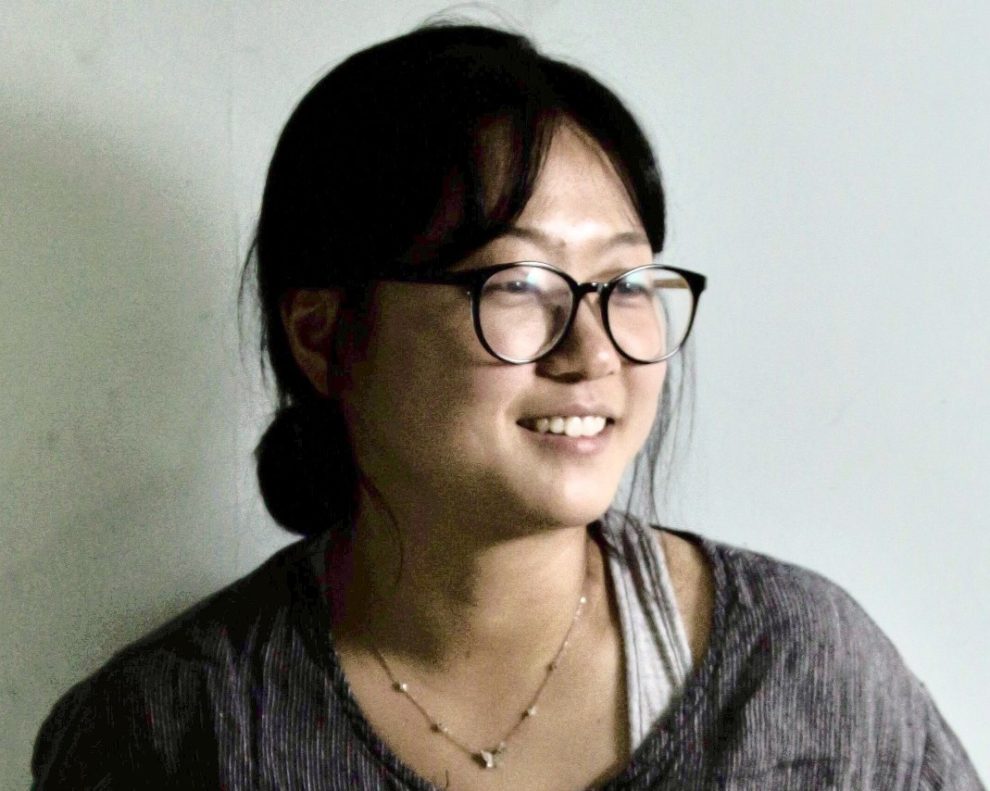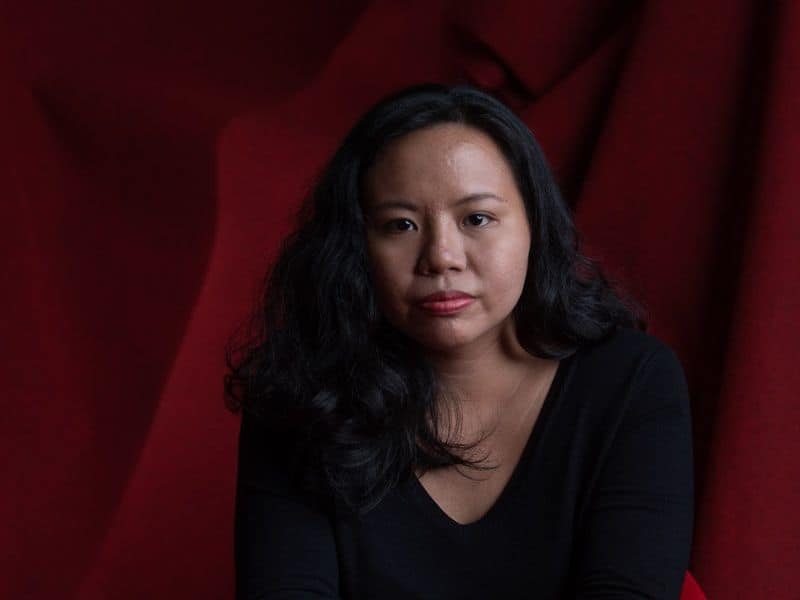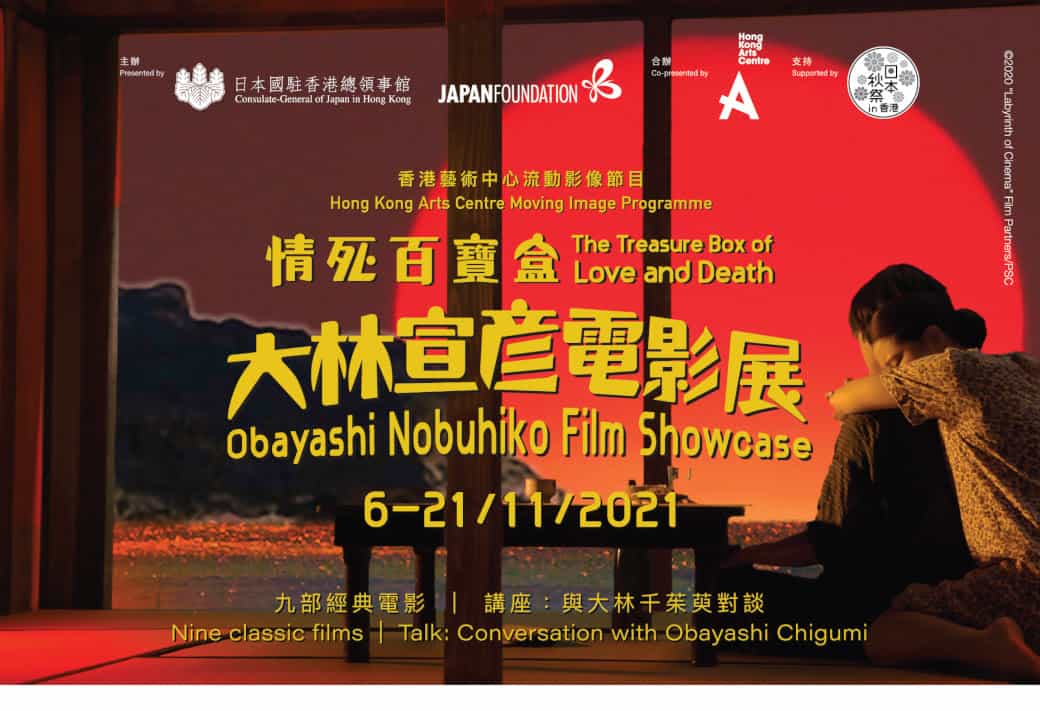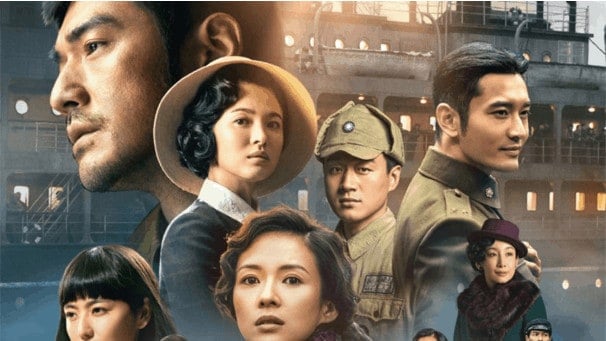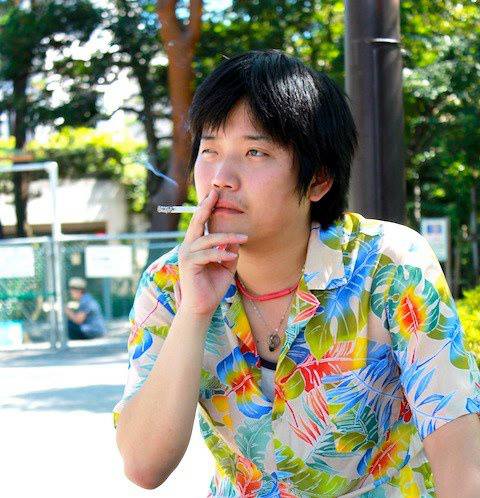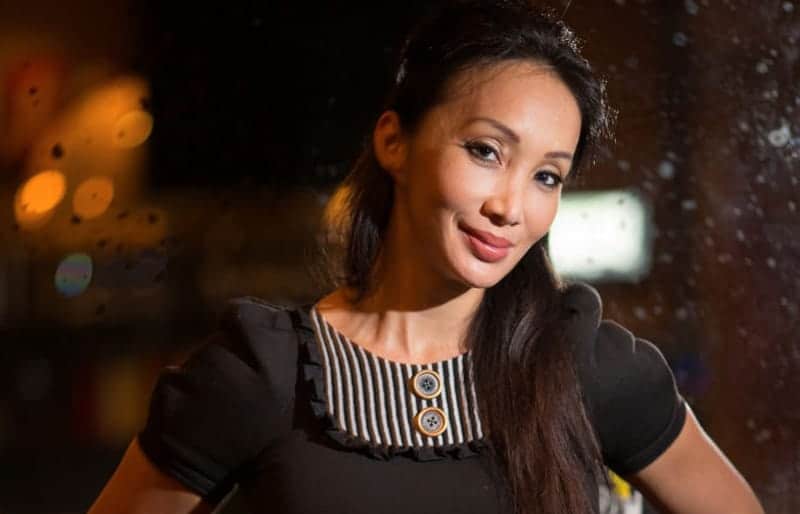Myoung So-hee began making documentary films by chance in 2011 and continues to do so today. While working as the assistant director on “How to Become a Chair” (2014), she revisited “Me and my Mom's Story,” which she had given up two years earlier. Hence began a long “visit” (The Strangers' literal translation) in Chuncheon.
On the occasion of “The Strangers” screening in Hong Kong Arts Centre on Friday 16/4 at 7:30 pm as part of Women Direct. Korean Indies! – Korean Women Independent Film series, under the signature programme of the Hong Kong Arts Centre, Independently Yours, we speak with her about directing such a personal film, how difficult it was for her to face her past, her family's reaction to the movie, her mother as a person, and many other topics.
The path you took to complete the movie was unusual. Why did you stop shooting in 2012 and revisited the film in 2014?
When I first started shooting in 2012, I did not have that much courage to look into my mom's life or about filming. At the time, it was very hard for me to look into the lives of my mother and my grandmother and address my childhood – so I paused filming. In May 2013, I became pregnant and decided to start filming again. I wanted to resolve these issues before I gave birth, before I became a mother myself, too
In the end, how difficult was it for you to speak about such personal and shocking matters to an audience, through the movie? Did shooting the film help you, as a sort of psychotherapy?
Yes, it was hard for me to tell the story to the audience in the first place. I filmed this movie in the length of six years and I thought this issue, this story would let me address my mom. I also thought that there would be an audience that would empathize with me about this issue.
In regards to psychotherapy, I do not think shooting this movie actually worked as such but I did receive psychotherapy while I was filming. Every time I felt that dealing with the topics of this film were too much, I received psychotherapy. However, I did look into myself and thought about my life while I was shooting. It healed a lot of scars.
Do you feel better now about what has happened in the past, do you think that you are over it?
It is better than in the past I would say, but whenever it gets chilly and rainy, it suddenly pops up now and then, and I do have nightmares

Has your family watched the film? And what was their reaction?
My family did watch the film but they did not really like it. The initial reaction of my mom was not good as well and I was upset about it. Later on, however, “The Strangers” was screening in festivals and she would go and watch the film every time it premiered in a festival and when she heard the people who watched it saying that they liked the movie and that they felt the same way and have empathy with the characters, she would say to me, “You worked hard, good job.” .
What about your husband, what was his opinion of the film?
My husband was actually with me from the beginning of the shooting of the film till the end; he was there for me for the whole process. At first, when the film was completed, he was very impressed by the fact that I managed to finish it. For both of us, the movie was a source of comfort.
Was he aware of what had happened in your past?
He did know even before I started shooting the film. I had a conversation with my husband about wishing to shoot a film about these stories, so he did know.
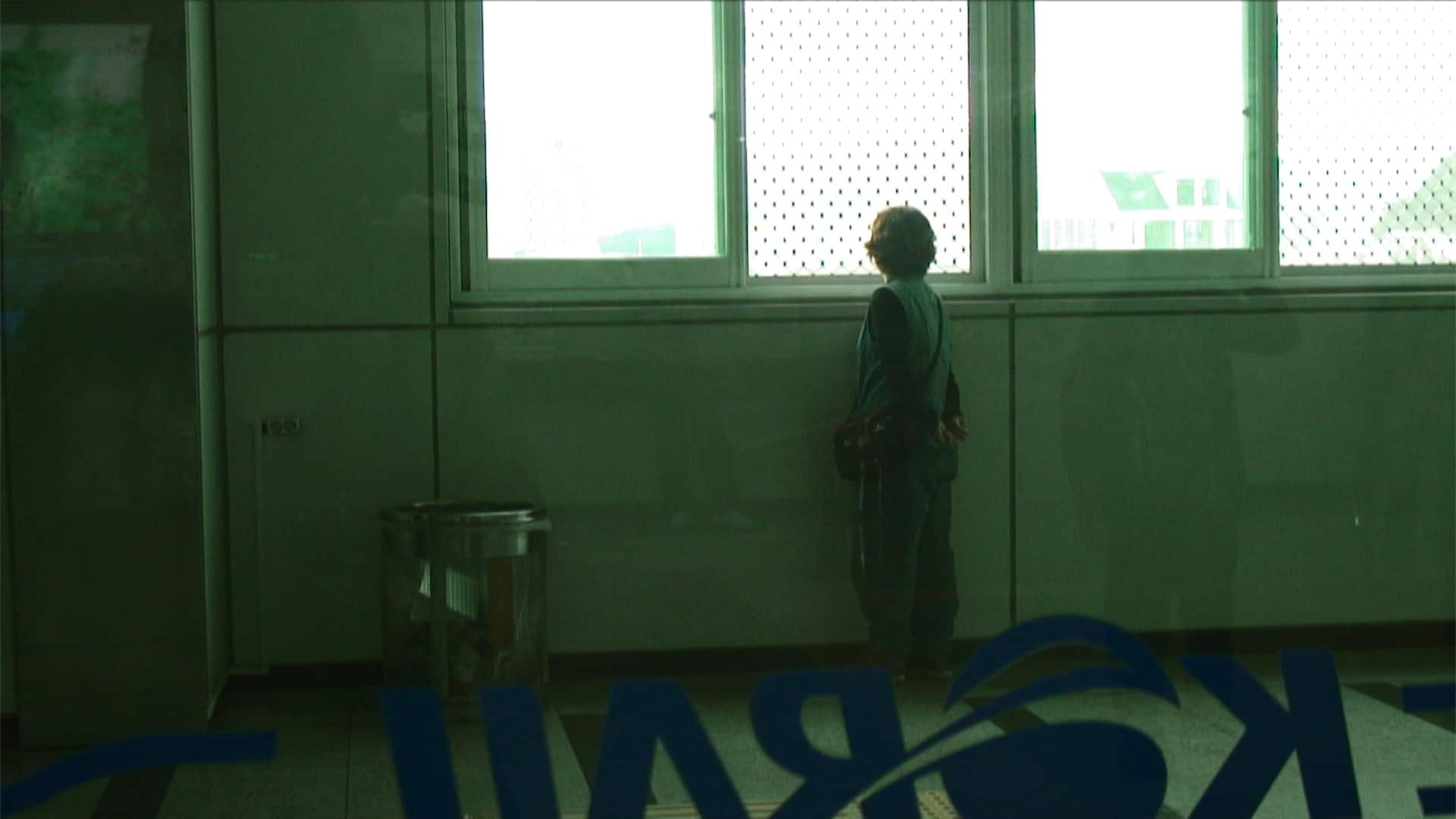
Do you think that we are destined to become like our parents? And how can one avoid such a thing?
I am still pondering, I am still thinking about those issues. I have a male child and I am always interested in gender violence and gender discrimination and I think that my child would eventually be at a point where he becomes a victim or perpetrator of gender violence. Me and my husband are studying this kind of issues and we are actually thinking of shooting another film and address this kind of issue.
The documentary ends on a somewhat positive note, showing your mother getting along with your son. Do you think that the relationship would be equally good if you had a daughter instead?
If I had a daughter, I do think that the situation would be different. Maybe it would be less about the mom and her child, about their relationship, [than the relationship between my mom and my son or my mom and myself.] If my child's gender would be different, of course the stories would be different. However, I do define my child as a male child, but if he grows up, he could develop a different gender identity. That relationship could always change too. In this movie, we work with what we have
How would you describe your mother as a person?
She is very diligent and a hard working woman who would care much for the whole family. She is the breadwinner of the family so she is really struggling to survive in Korean society. At the same time, she really tries to hold on to her life but because she puts so much energy to her work and taking care of others, she does not have time or energy for herself.
Can you give us some details about the cinematography in the film, particularly regarding the narrow streets? In general what was your purpose in the visual aspect of the film?
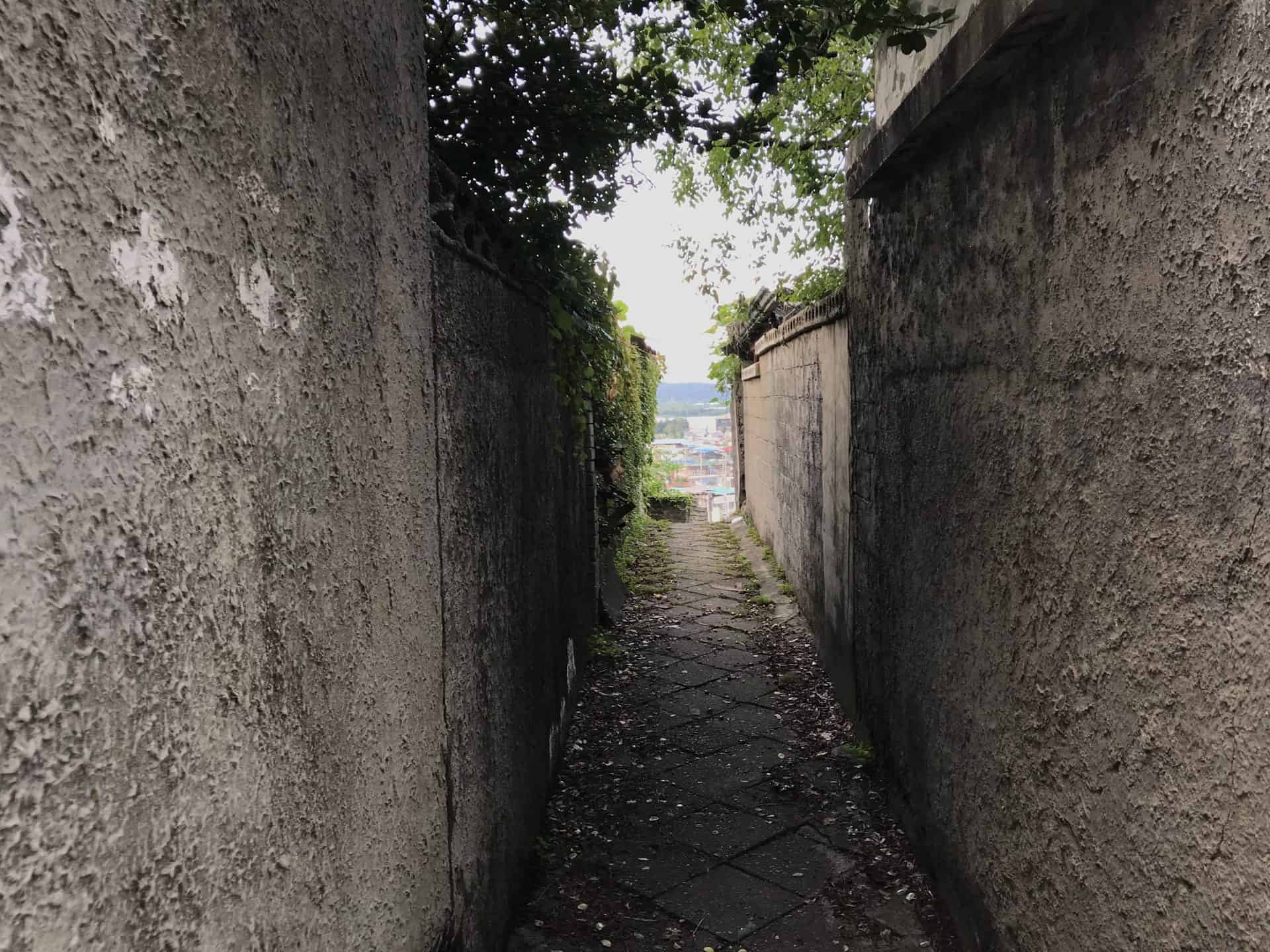
In my hometown, the people who are marginalized are usually living in those narrow streets, the edges of town, the alleyways. Those people are excluded from the whole society and from the interests of other people and are always crowded in those areas. If you look at those streets, you can see traces of the lives of the poor people. Walking and recording those streets is essentially recording the history and lives of those people, of women, which are unreported. In that way, I felt that the narrow streets could be used as a metaphor for their lives.
What is your opinion of the movie industry in Korea at the moment, particularly regarding the opportunities available to women directors?
There are always less opportunities for women directors. In the documentary scene in particular, it is better now, but documentaries by women used to be dismissed as private, individual stories, only addressed to women. Also, a lot of women leave the doc scene after shooting one or two films, that is the reality. And another thing is that it is very difficult for married women or women with children to shoot films, due to the structure of society. I think that we need to discuss how to change the whole structure, but in reality, there are not many people to talk to.
You mentioned your next work, but could you give us some more information about your future projects? Will you continue solely on documentaries?
My next film will address issues like having and raising a child – particularly in Korean society. It will address the concept of raising a child, of what defines a “son,” or “man,” and raising a male child in Korean society where social structure is designed for men to take part in gender violence, be the perpetrators of it. This project will intertwine these stories. Yes, I will continue to work with documentaries.


